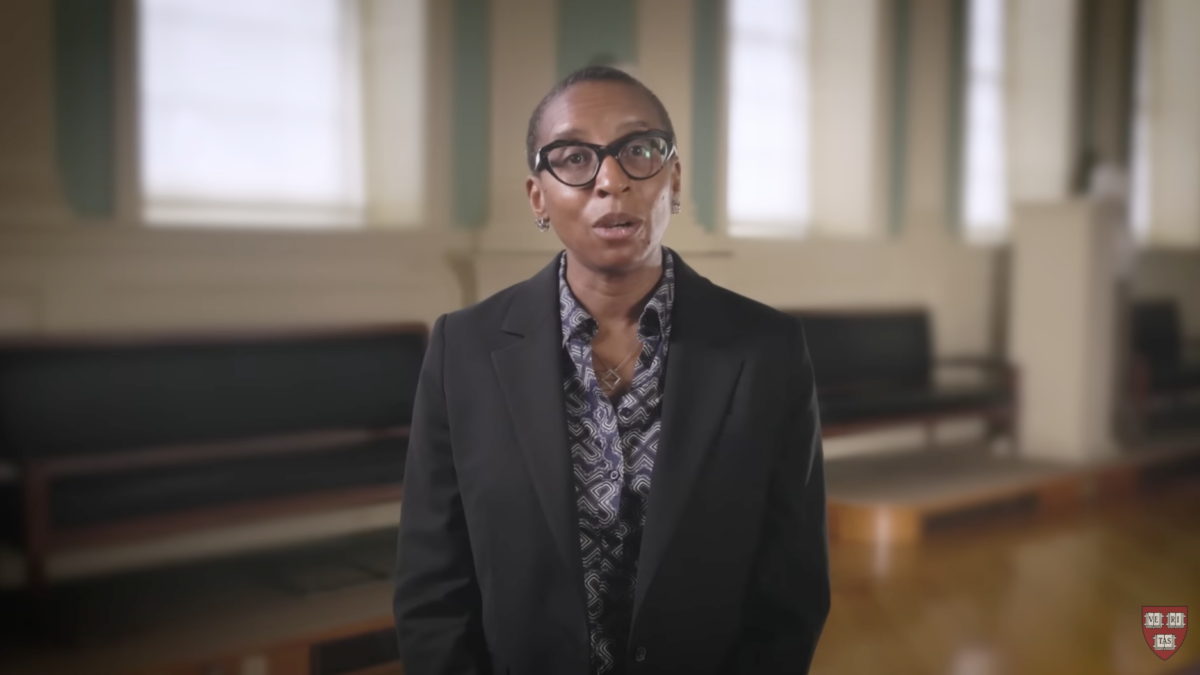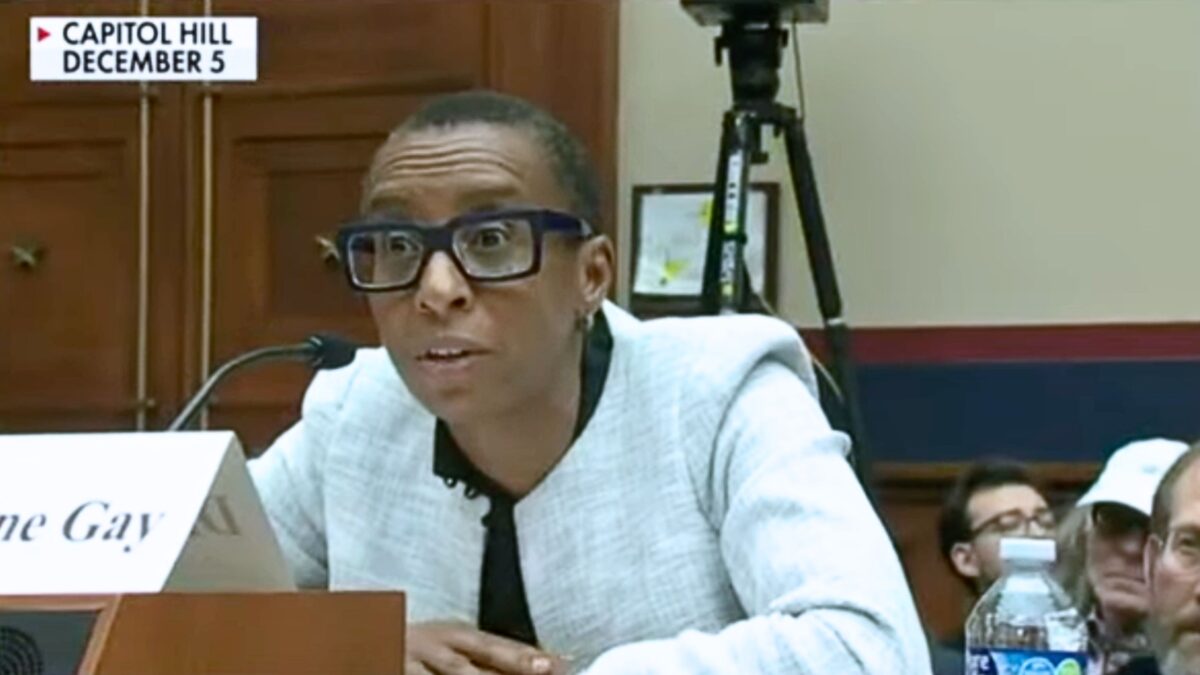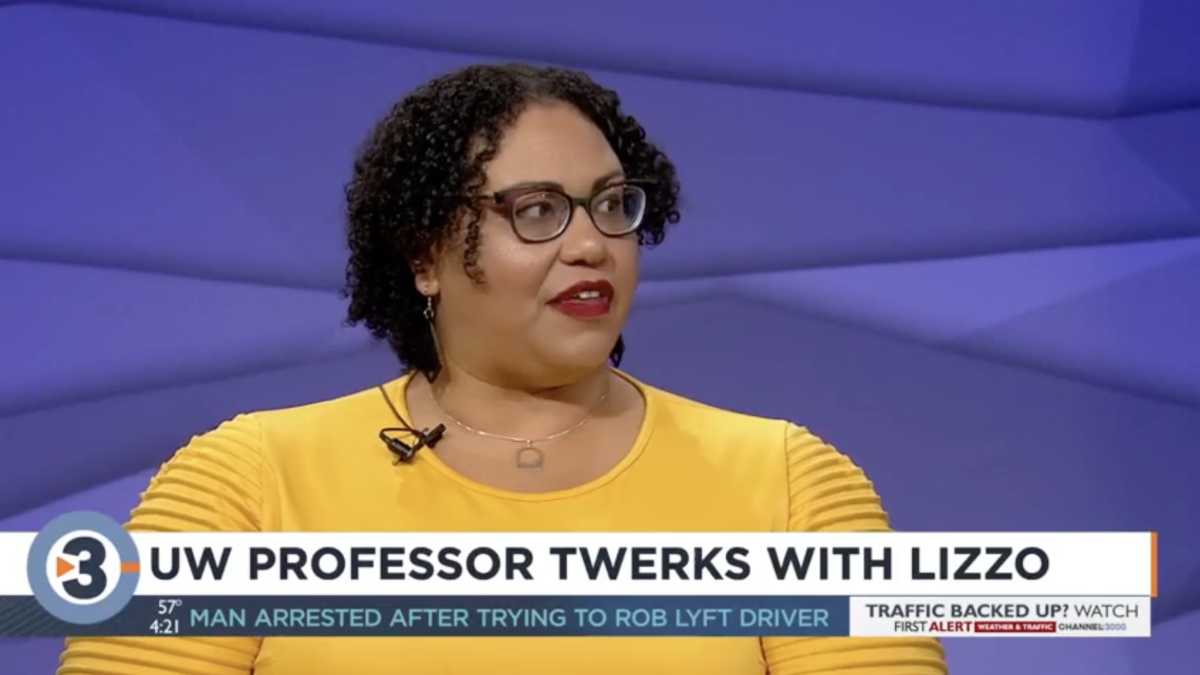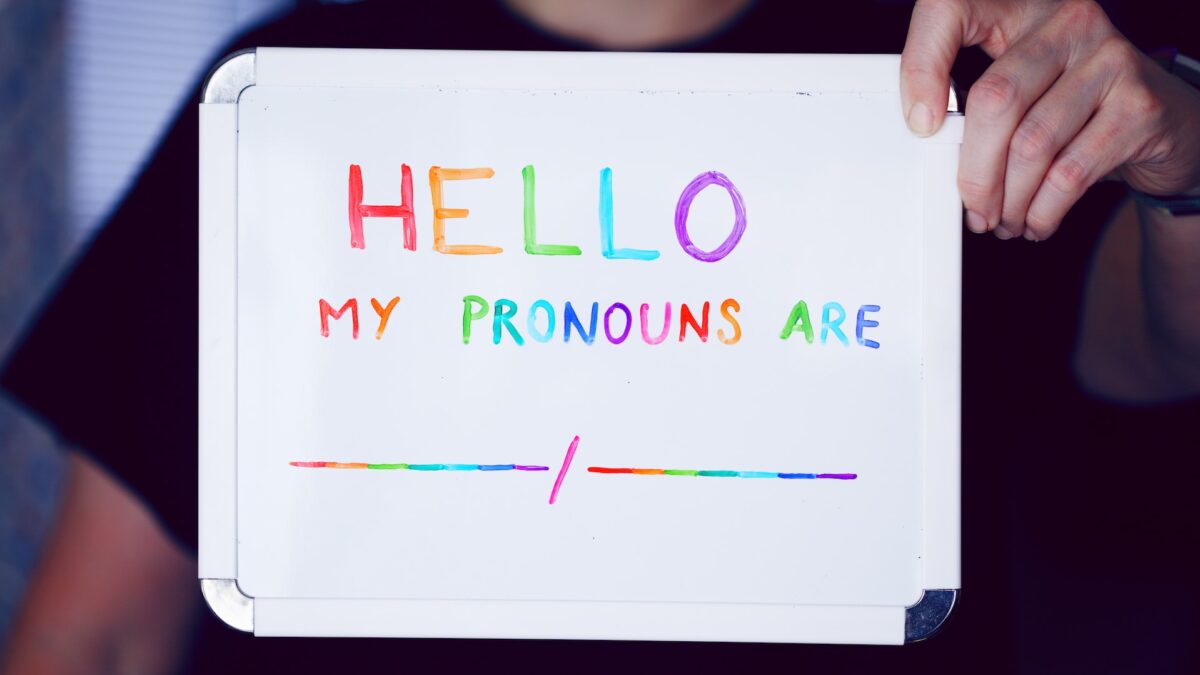Facing a second court loss—this one to the fraternity its 2014 rape hoax story falsely maligned—Rolling Stone has agreed to settle out of court. The magazine will pay a reported $1.65 million to the University of Virginia (UVA) chapter of Phi Kappa Psi, which Rolling Stone claimed held gang rapes as part of member initiations.
Here’s the kicker: In a statement, the fraternity chapter said it would donate “a significant portion” of this settlement to groups that raise awareness about sexual assault and victim counseling. Now, many of these organizations are worthy causes, but this fraternity was falsely accused and they’re giving the money not to groups that provide legal services for those who are falsely accused, but to groups that often support people like Jackie, the woman who falsely accused them.
Phi Psi was the victim of a malicious false accusation, and they’re giving their money to groups that support the moral panic that led to their mistreatment.
The settlement with the fraternity follows a first court decision regarding former UVA dean Nicole Eramo, who was also maligned by the magazine. Eramo’s lawsuit went to trial, where Rolling Stone, its publisher Jan Wenner, and article author Sabrina Rubin Erdely were ordered to pay the former dean $3 million. Eramo and the magazine reached an undisclosed settlement later.
For a refresher on how we got here, remember that in November 2014, Rolling Stone published “A Rape on Campus” about a UVA student named “Jackie” who said she was gang-raped as part of an initiation ceremony at Phi Psi. She claimed to have gone on a date with a handsome guy two years older than her, who brought her back to the fraternity during a party, led her upstairs, then orchestrated the gang rape with seven pledges.
Jackie also claimed her friends were indifferent to her story, and told her not to seek medical attention. Eramo also allegedly tried to keep her from going to the police.
The story quickly unraveled when it was discovered that Jackie’s “date” from that night didn’t exist. She used a photo of an old high school classmate and used a fake text messaging service to pose as him and message her friends.
She made all of this up to try and get a young man to like her. He didn’t like her romantically when they first met, so she claimed to be terminally ill. When that didn’t work, she made up the rape story. Shockingly, that didn’t win his affection either.
Eramo sued Rolling Stone in 2015, claiming she was falsely portrayed as callous toward sexual assault accusers. Listening to such accusations was part of her job. The magazine went so far as to doctor a photo of her to make it look like she was smiling and giving a “thumbs up” as a victim cried in her office. During the trial, Wenner said he wished they hadn’t retracted the story.
Although Eramo’s lawsuit received the most attention, Phi Psi also filed a lawsuit, along with a third lawsuit from three individual members of the fraternity (which was dismissed).
With two lawsuits settled, this means the Rolling Stone saga is coming to a close. If only the fraternity could use this moment to bring awareness to false accusations instead of buying into the notion that doing so detracts from victims of sexual assault, rather than virtue signal.









